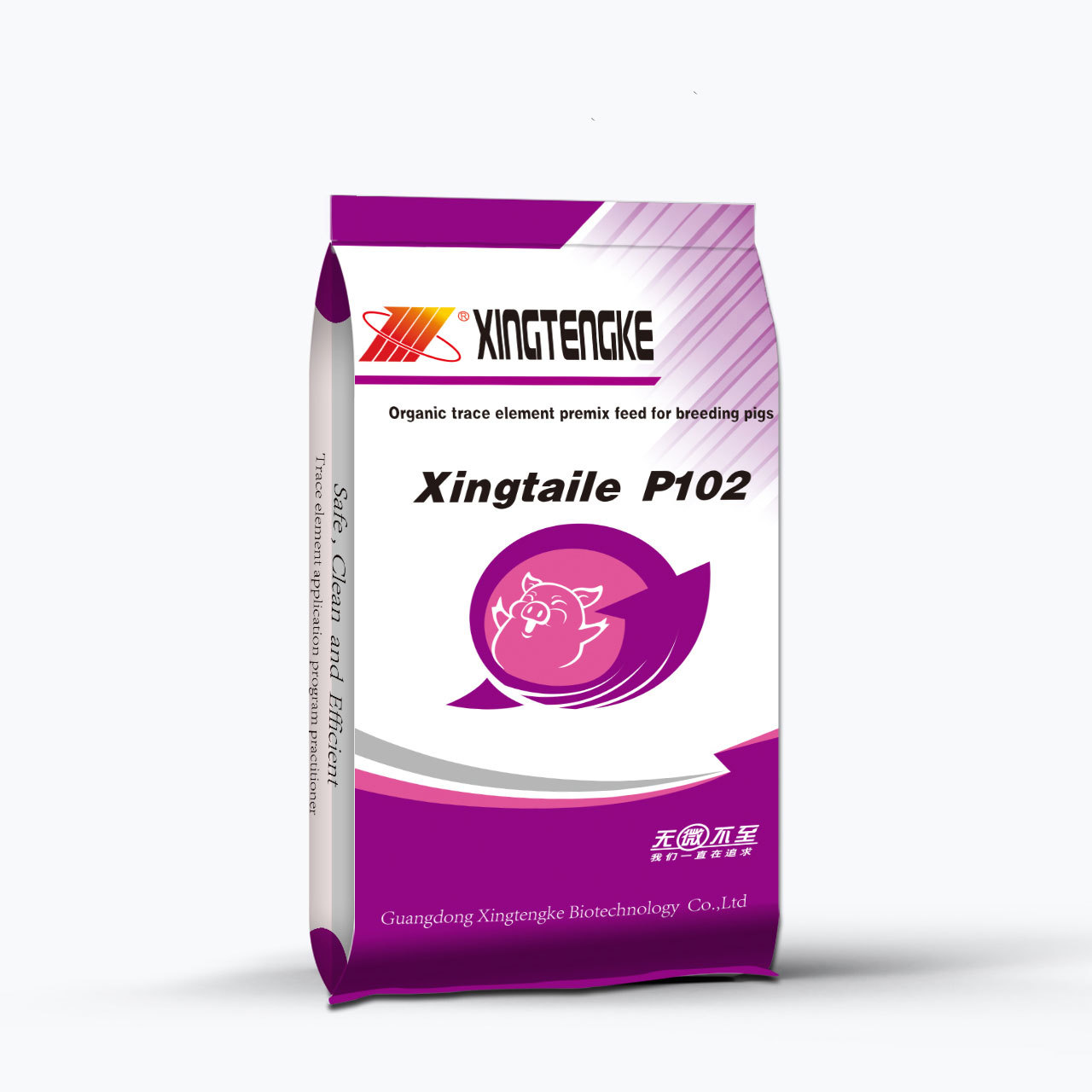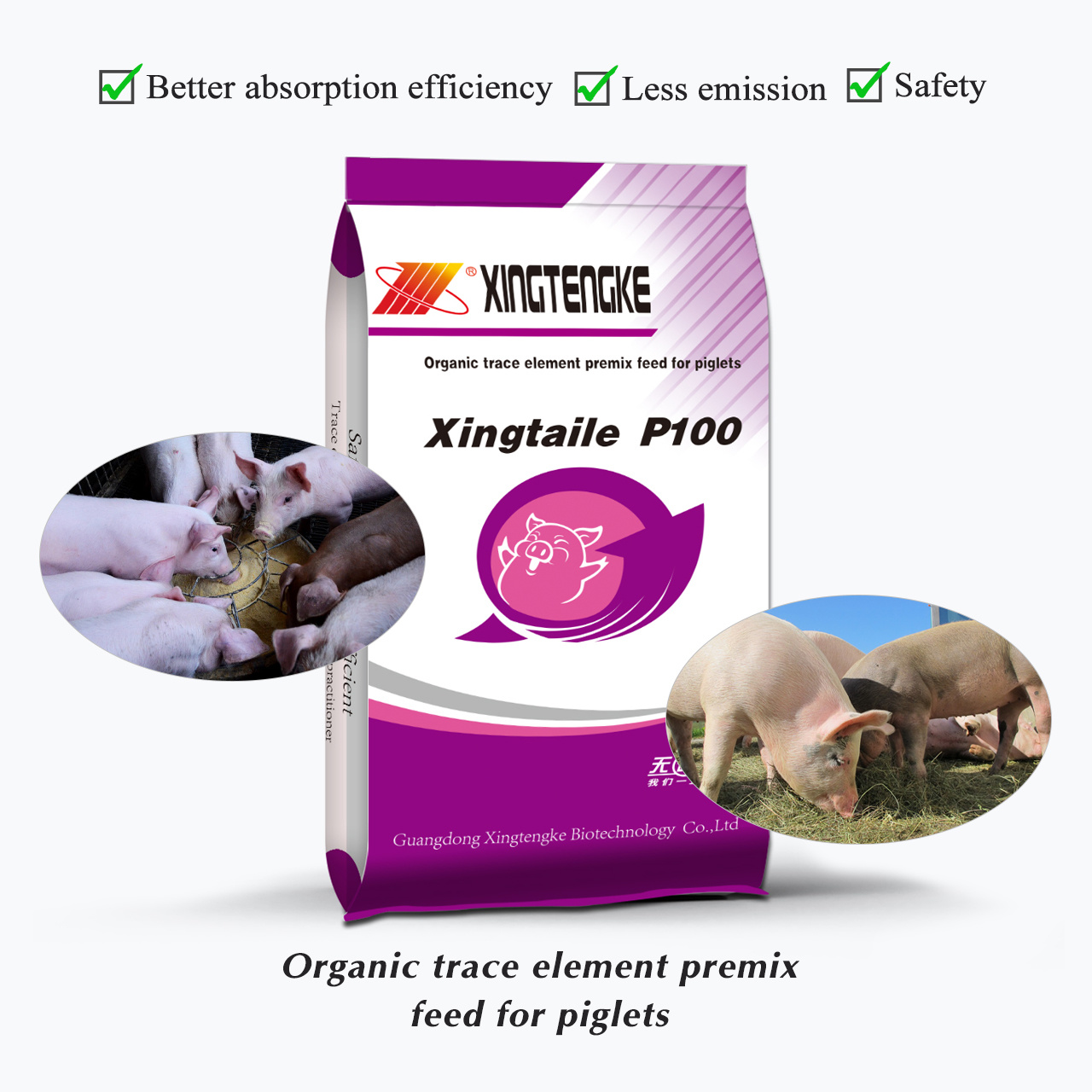Understanding How Trace Minerals Affect Swine Development: A Comprehensive Guide
Release time:
2025-09-08 16:34
Source:
Understanding How Trace Minerals Affect Swine Development
Swine health and development are integral to the productivity of the swine industry. One of the most critical aspects of swine nutrition is the inclusion of trace minerals in their diets. Trace minerals, although required in minute quantities, play a significant role in growth, reproduction, and overall health of pigs. This article delves into the various trace minerals essential for swine, their biological roles, sources, and the implications of their deficiency in swine development.
Table of Contents
- 1. The Importance of Trace Minerals in Swine Nutrition
- 2. Key Trace Minerals Essential for Swine
- 2.1 Zinc: The Growth Catalyst
- 2.2 Copper: The Immune Booster
- 2.3 Iron: The Blood Builder
- 2.4 Selenium: The Antioxidant Powerhouse
- 2.5 Manganese: The Bone Builder
- 3. Sources of Trace Minerals for Swine Diets
- 4. The Importance of Mineral Balance in Swine Diets
- 5. Deficiency and Excess of Trace Minerals
- 6. Implementing Mineral Supplements in Swine Diets
- 7. Conclusion
1. The Importance of Trace Minerals in Swine Nutrition
Trace minerals are vital for several biochemical processes in swine, including enzyme function, hormone production, and metabolic regulation. Unlike macrominerals, which are required in larger amounts, trace minerals are necessary in smaller quantities but are equally important. The absence or insufficient levels of these minerals can lead to various health issues, impacting swine growth rates, reproductive performance, and overall herd health. Understanding the significance of trace minerals can help farmers and nutritionists develop more effective feeding strategies.
2. Key Trace Minerals Essential for Swine
Several trace minerals are particularly crucial for swine development. Each mineral has specific functions, and their benefits can greatly enhance swine production.
2.1 Zinc: The Growth Catalyst
Zinc is essential for DNA synthesis, cell division, and protein synthesis. It plays a critical role in the skin health of pigs and contributes to the immune response. Zinc deficiency can lead to poor growth rates, skin lesions, and a weakened immune system. Incorporating zinc-rich feed ingredients like meat and bone meal or using zinc oxide in diets can help ensure pigs meet their zinc requirements.
2.2 Copper: The Immune Booster
Copper is integral to iron metabolism and is crucial for hemoglobin formation. It also contributes to the development of connective tissues and the maintenance of bone health. A deficiency in copper can lead to anemia and skeletal abnormalities. Sources of copper in swine diets include copper sulfate and various plant-based feed ingredients.
2.3 Iron: The Blood Builder
Iron is a critical component of hemoglobin, the protein in red blood cells responsible for transporting oxygen. Swine, particularly piglets, are prone to iron deficiency, which can result in anemia. Iron can be supplemented through iron injections or dietary sources such as iron-rich feeds and supplements. Ensuring adequate iron levels is vital for optimal growth and development.
2.4 Selenium: The Antioxidant Powerhouse
Selenium is known for its antioxidant properties, helping to protect cells from oxidative damage. It plays a role in thyroid hormone metabolism and immune function. A deficiency in selenium can lead to white muscle disease and weakened immune responses. Supplementing selenium in the diet can significantly improve pig health and growth performance.
2.5 Manganese: The Bone Builder
Manganese is essential for bone formation and metabolic functions. It acts as a co-factor for several enzymes involved in energy metabolism and bone development. Insufficient manganese can lead to skeletal deformities and impaired growth. Manganese can be incorporated through various feed sources, including grains and supplements.
3. Sources of Trace Minerals for Swine Diets
Identifying and incorporating proper sources of trace minerals into swine diets is crucial for meeting nutritional requirements. Common sources include:
- Mineral Supplements: Products specifically formulated to provide essential trace minerals. These can include premixes that contain multiple trace minerals.
- Feed Ingredients: Ingredients like meat and bone meal, fish meal, and certain grains can provide natural sources of trace minerals.
- Forages: Some forages may be rich in trace minerals, contributing to the overall mineral intake of swine.
4. The Importance of Mineral Balance in Swine Diets
While trace minerals are essential for swine growth and health, balance is key. Excessive levels of certain minerals can lead to toxicity, affecting pig performance and health negatively. It is crucial to carefully formulate diets that not only provide sufficient amounts of each trace mineral but also consider the interactions between them. For instance, high levels of zinc may interfere with the absorption of copper. Therefore, a well-balanced diet tailored to the specific needs of the swine herd is vital.
5. Deficiency and Excess of Trace Minerals
Understanding the signs of deficiency and excess can help farmers proactively manage swine health. Key signs include:
Deficiency Signs
- Stunted Growth: A common sign of mineral deficiency, particularly with zinc and copper.
- Anemia: Often seen in pigs deficient in iron.
- Immune Dysfunction: Increased susceptibility to diseases can indicate deficiencies in selenium or copper.
Excess Signs
- Toxicity Symptoms: High levels of certain minerals can cause toxic reactions, such as liver damage from excess copper.
- Growth Retardation: Unsuitable mineral levels can inhibit growth and overall performance.
6. Implementing Mineral Supplements in Swine Diets
When implementing mineral supplements, it's important to assess the dietary needs of the swine and the existing mineral content of the feed. Regular monitoring and adjustments will ensure optimal mineral intake. Consider the following strategies:
- Regular Nutritional Assessments: Conduct periodic assessments of swine diets to ensure they meet the nutritional requirements.
- Consultation with Animal Nutritionists: Collaborate with professionals to formulate a diet that considers the specific needs of the herd.
- Utilization of Feed Testing: Test feed for mineral content to adjust diets appropriately and avoid deficiencies or excesses.
7. Conclusion
Trace minerals play a crucial role in swine development, influencing growth, reproduction, and overall health. Understanding the specific benefits of these minerals, their sources, and the importance of balance can greatly enhance swine production outcomes. By implementing well-formulated diets that meet trace mineral requirements, farmers can ensure optimal health and productivity in their herds. Investing in proper nutrition management not only supports animal welfare but also promotes sustainability in the swine industry.
FAQs
1. What are trace minerals, and why are they important for swine?
Trace minerals are essential nutrients required in small quantities for various biological functions, including growth and immune support.
2. How can I determine if my pigs are deficient in trace minerals?
Signs of deficiency include stunted growth, anemia, and increased disease susceptibility. Regular health checks and nutritional assessments can help identify deficiencies.
3. Can too much trace minerals be harmful to pigs?
Yes, excessive trace minerals can lead to toxicity and adversely affect pig health and growth. It's crucial to maintain a balanced diet.
4. What are the best sources of trace minerals for swine diets?
Mineral supplements, varied feed ingredients like meat and bone meal, and certain forages are excellent sources of trace minerals.
5. How can I effectively implement mineral supplements in my swine diet?
Conduct regular nutritional assessments, collaborate with animal nutritionists, and utilize feed testing to adjust mineral levels appropriately.
swine feed trace minerals









